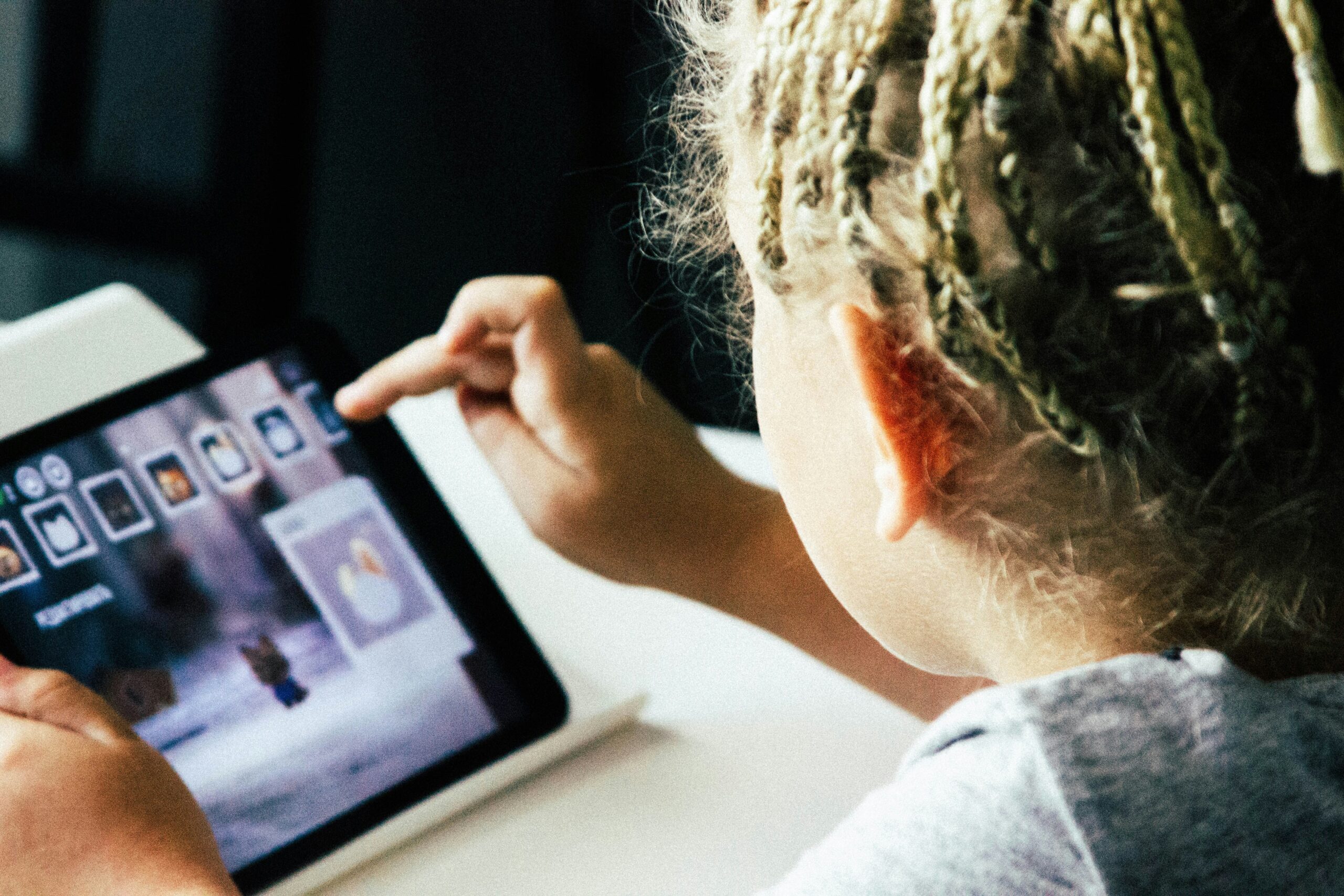In today's hyper-connected world, screens play a major role in our lives, including those of our little ones. This article examines the extent to which this omnipresence impacts on children's brain development, particularly in terms of the social and emotional skills of pre-adolescents. It also aims to enlighten parents on the potential effects of screen use, and suggest strategies and tools to minimize the risks.
Understanding the impact of screen use on preteens
What are the effects on emotional development?
Screens can limit children's opportunities to develop the ability to manage their emotions appropriately. Robin S. Hendry has explored the impact of screen use on young children's social and emotional development, concluding that, while some digital content may offer benefits, it cannot replace direct social interaction and play, essential to emotional development (Hendry, 2017) REF [^1^].
Screens and social development
Excessive exposure to digital media from an early age is associated with difficulties in the development of social skills. One study found that screen time correlated with emotional lability in preschoolers, underscoring the importance of moderate screen use in fostering healthy social development (Oflu et al., 2021) REF [^2^].
Specific risks associated with children's exposure to screens
Screen addiction in young children
Addiction to digital devices such as tablets represents a real risk for preteens. It can lead to behavioral and sleep disorders. Parents need to monitor screen time and encourage non-digital activities for children's healthy development.
Behavioral and sleep disorders
Research shows that excessive use of screens can disrupt sleep and promote the onset of behavioral problems in preteens, negatively impacting their well-being and development (Aishworiya et al., 2022) REF [^3^].
Video games and their specific impact
The two sides of video games
Video games can have positive effects, such as the development of certain cognitive and problem-solving skills. However, excessive use can have negative consequences for children's social and emotional development.
Video games and social skills
Video games, especially multiplayer ones, provide opportunities for social interaction. However, it is important to ensure that these exchanges remain positive and do not replace real social interaction.
Recommendations for responsible video game consumption
Parents should take care to select age-appropriate content and limit the amount of time spent on it. Encouraging shared family playtime can also be beneficial.
Prevention strategies and best practices for the proper use of screens
Establishing a digital balance in the family for less screen time
There needs to be a balance between time spent in front of digital media and offline activities. Direct social interaction and physical play contribute to the development of preteens' social and emotional skills.
Promoting alternatives to screens
Activities that don't involve the use of screens are crucial. Board games, sports activities and creative hobbies are excellent ways to develop social and emotional skills while having fun.
Tools and resources to help children and teenagers limit screen time
In the quest to balance screen time and encourage healthy habits, a number of tools, products and services are available. These resources can help adults effectively manage and reduce their children's screen time.
Parental control applications and software
Parental control applications such as Qustodio, OurPact and Screen Time enable parents to monitor and restrict the use of digital devices. These tools can be used to define time slots during which use of certain devices or applications is restricted, as well as to monitor online activity. In this way, they contribute to a more conscious and limited use of screens.
Alternatives to screens
Encouraging off-screen activities is key to reducing screen time. Educational board games, craft kits, interactive books and toys that stimulate imagination and creativity offer excellent alternatives. These products not only encourage cognitive and social development, but also provide quality family time.
Services and events
Workshops, book clubs, sports activities and community events are opportunities for children and teenagers to socialize and learn in an environment free of digital technologies. Participating in group hobbies such as music classes, sports teams or youth groups helps develop social and emotional skills in an interactive and engaging setting.
Practical guides and self-assessment tools
Many websites and organizations offer practical guides to help parents navigate the digital world. These resources offer advice on setting rules for screen use, understanding different types of digital content and encouraging open dialogue about digital media use. Self-assessment tools are also available to help families evaluate their use of connected devices and identify opportunities for positive change.
In conclusion
The use of screens has an undeniable impact on the development of social and emotional skills in preteens. A balanced approach that favors both digital and off-screen activities is fundamental to their healthy development.
Disclaimer
This article is for information purposes only and is based on scientific studies. It is not a substitute for professional medical advice.
References
REF [^1^]. Hendry, R. S. (2017). Investigating relationships between screen time and young children's social emotional development. https://dx.doi.org/10.14288/1.0348154
REF [^2^]. Oflu, A., Tezol, O., Yalcin, S., Yıldız, D., Çaylan, N., Ozdemir, D., Çiçek, Ş., & Nergiz, M. E. (2021). Excessive screen time is associated with emotional lability in preschool children. https://dx.doi.org/10.5546/aap.2021.eng.106
REF [^3^]. Aishworiya, R., Magiati, I., Phua, D., Daniel, L. M., Shek, L., Chong, Y., Gluckman, P., Meaney, M., & Law, E. (2022). Are There Bidirectional Influences Between Screen Time Exposure and Social Behavioral Traits in Young Children? https://dx.doi.org/10.1097/DBP.0000000000001069
